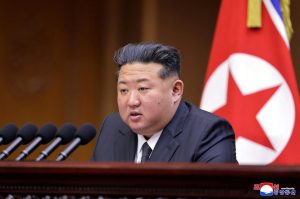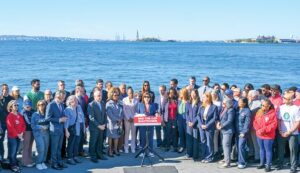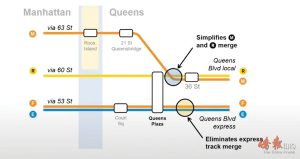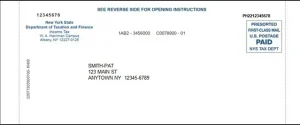Singapore holds the title of the world’s most luxurious city for the third consecutive year, London ranks second, and Shanghai drops to sixth place
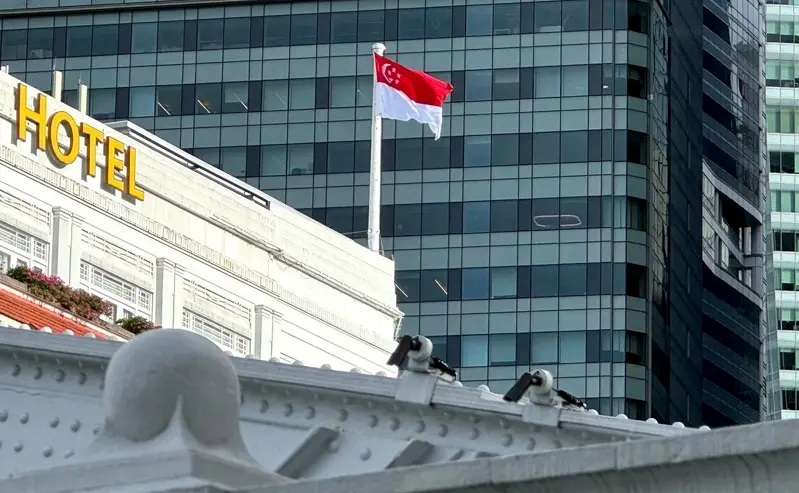
Julius Baer Group’s report pointed out that Singapore has become the world’s most expensive city for luxury consumption for the third consecutive year. A stable political environment, a safe society, and high-quality education and medical services are the key to attracting high-asset individuals and families, as well as businesses and multinational corporations.
According to the annual report published by Julius Baer Group Ltd., Singapore has become the world’s most expensive city for luxury consumption for three consecutive years, and London has surpassed Hong Kong to rank second. Monaco and Zurich ranked fourth and fifth; Shanghai, which topped the list in 2022, fell to sixth place, and Taipei ranked 12th.
Lianhe Zaobao and other media reported that Christian Gattiker, head of Julius Baer Group’s research department, said in the report that in the environment of continued uncertainty, trade tensions and tariffs, the results presented in this report can be regarded as the “last moment” before the current changes occur.
The Luxury Lifestyle Index tracks the price trends of 20 luxury goods and high-end services in 25 major cities around the world, including residences, business class flights, cars, jewelry, etc.
The report pointed out that as a global transportation hub, the increase in tourism-related costs in Singapore is not surprising. As the number of visitors recovers, Singapore expects tourism revenue to exceed pre-epidemic levels in 2025. A stable political environment, a safe society, and high-quality education and medical services are key to attracting high-asset individuals and families, as well as businesses and multinational corporations.
Mark Matthews, head of Asia Pacific research at Julius Baer Bank, said in a past report that Asia’s development trajectory in recent years has been remarkable, consolidating the region’s strong position in global economic performance. Malaysia, the Philippines, Vietnam, and Thailand have achieved economic development, showing a diversified and resilient economic situation, among which Singapore has become a symbol of innovation and progress.
In May this year, a Singapore real estate website pointed out that local apartment and rental rents have risen. Experts said that as the US tariff policy and international situation continue to be uncertain, companies and high-asset individuals are looking for investment havens. Singapore is a relatively stable location in the region, and the demand for the rental market will remain strong.
In an era of rising rents, tenants are inevitably faced with the reality of rent increases when renewing their leases. David, who was assigned to Singapore, said that rents have risen significantly after the epidemic. If the company does not provide sufficient subsidies, the pressure will be greater as expenses increase. He revealed that the monthly rent for a rental house with independent space and slightly closer to the city center is generally around S$3,000 (about US$2,338) to S$4,000 (about US$3,118).
![]()
